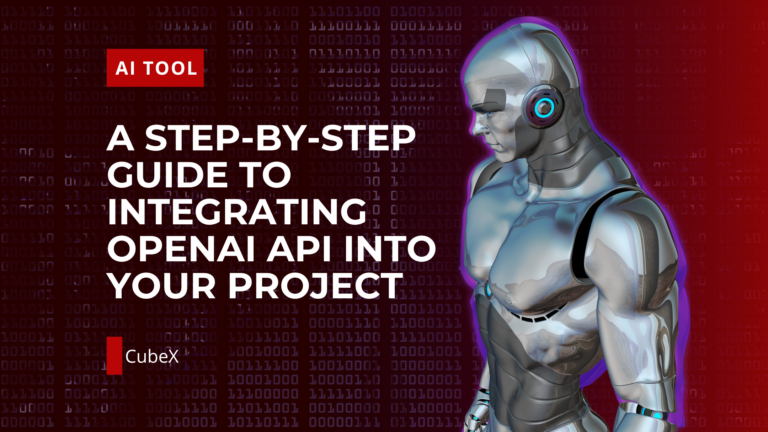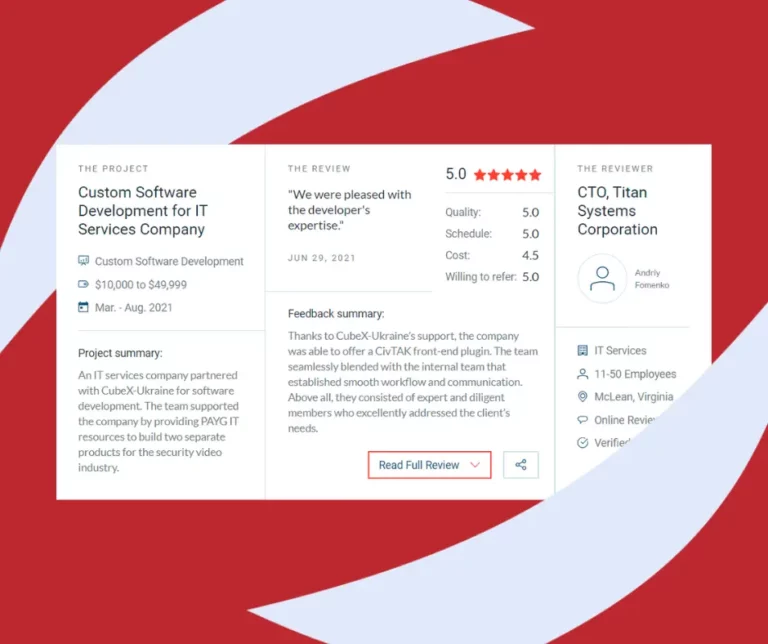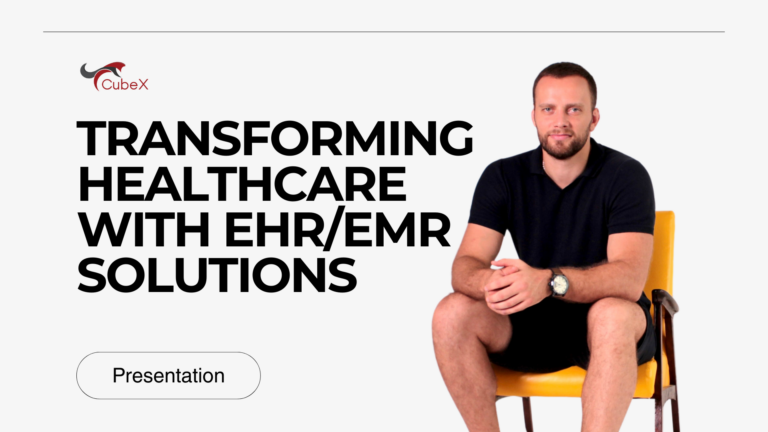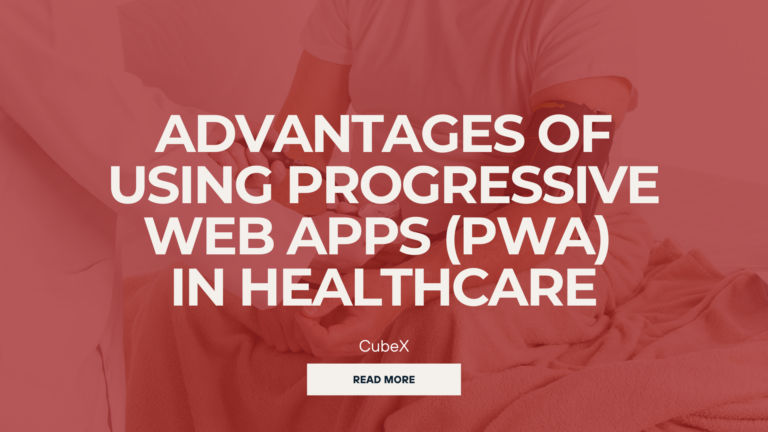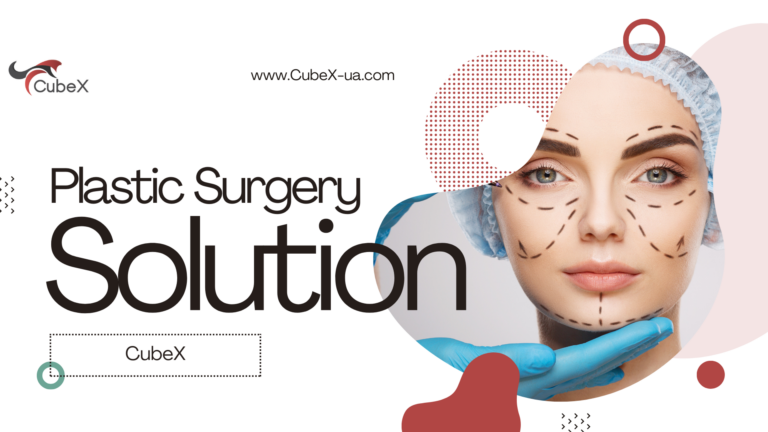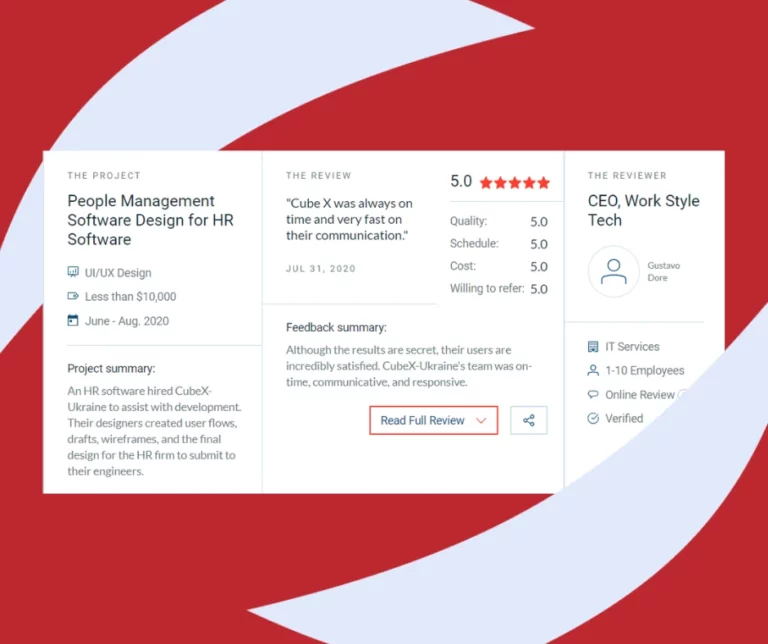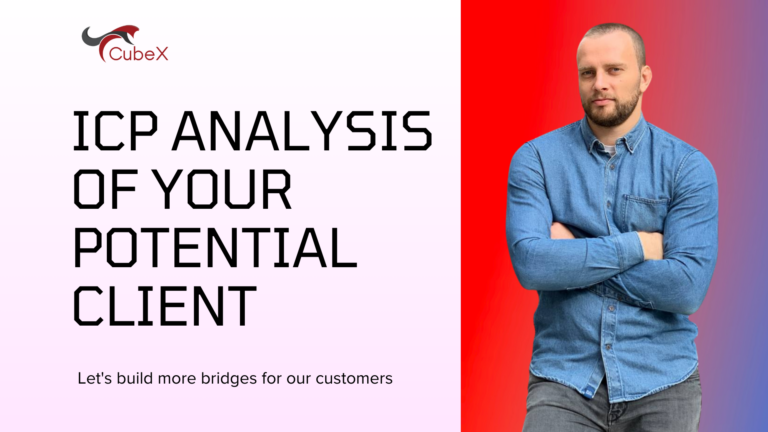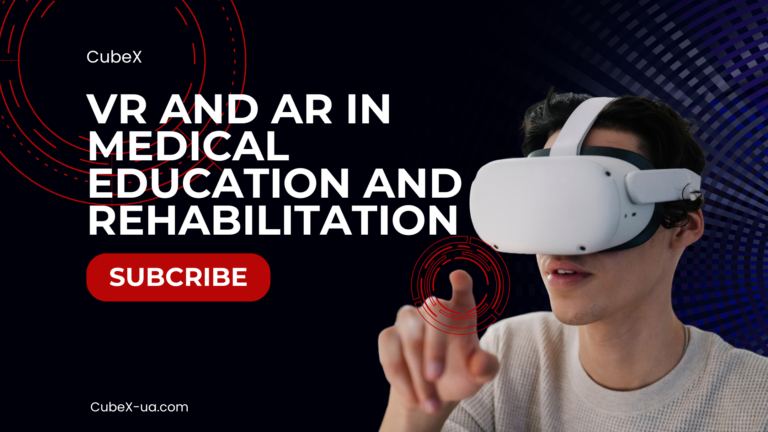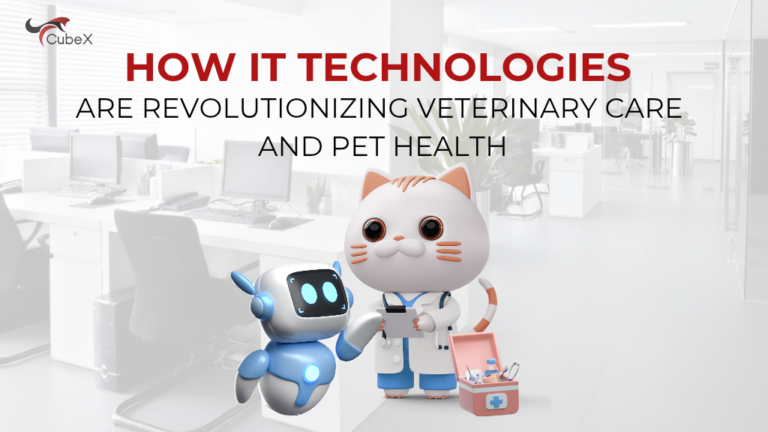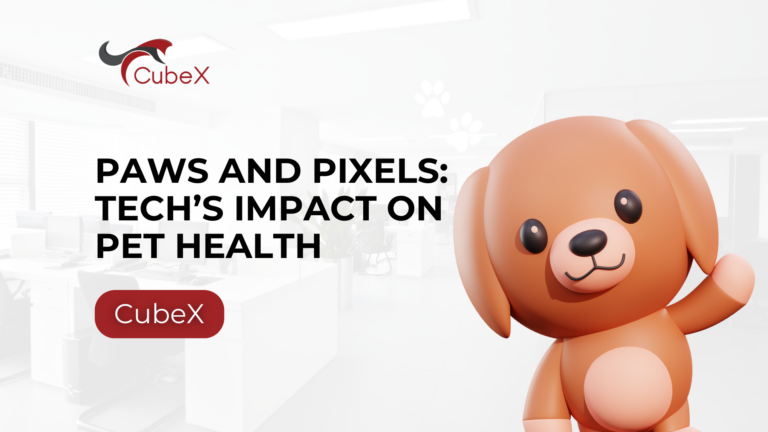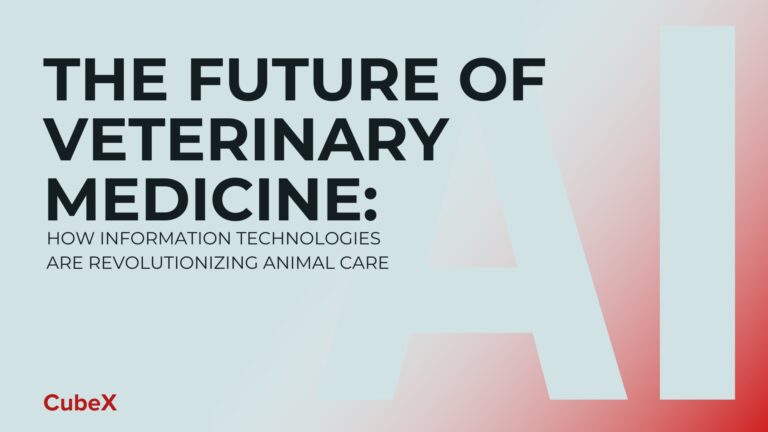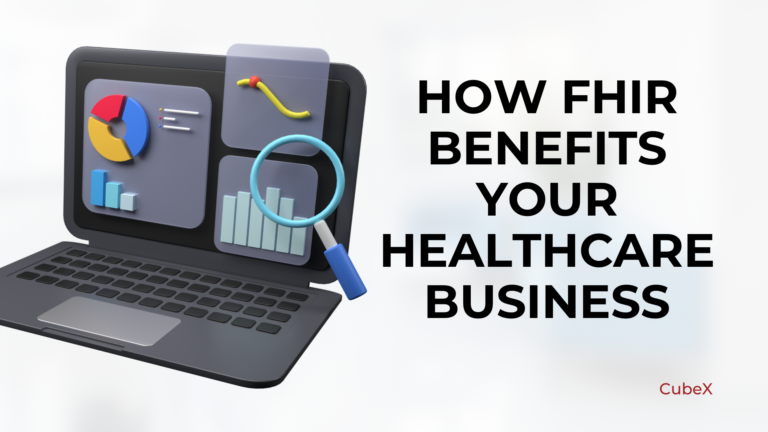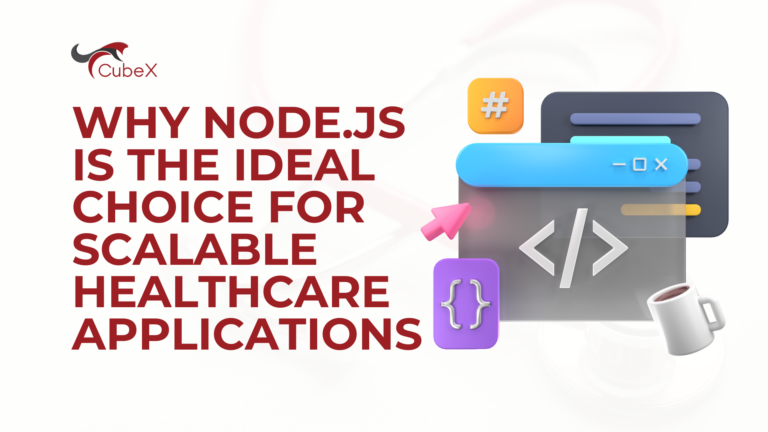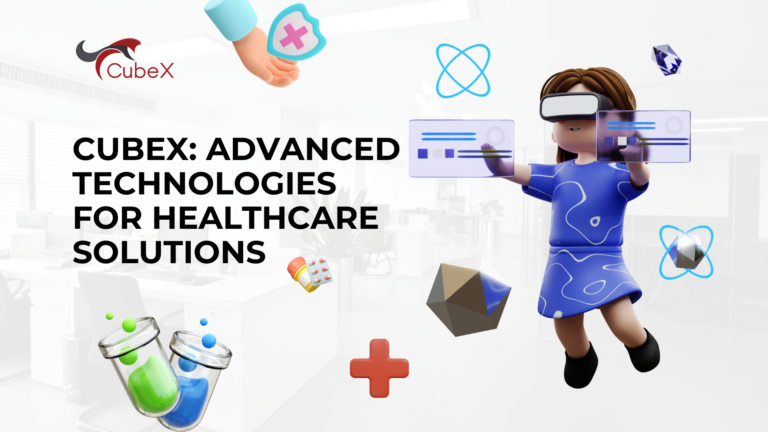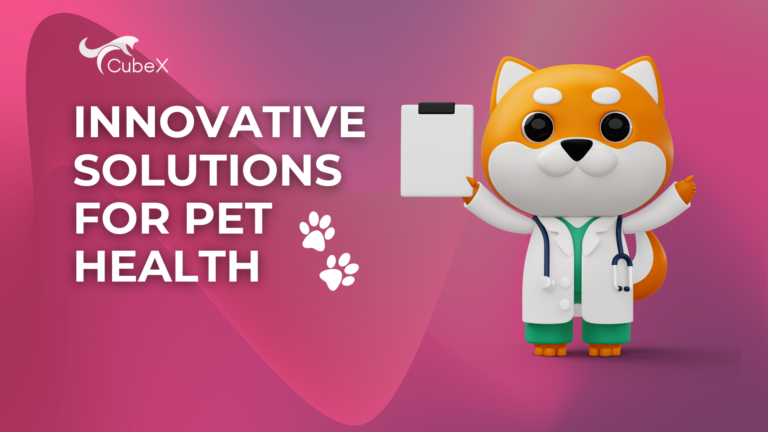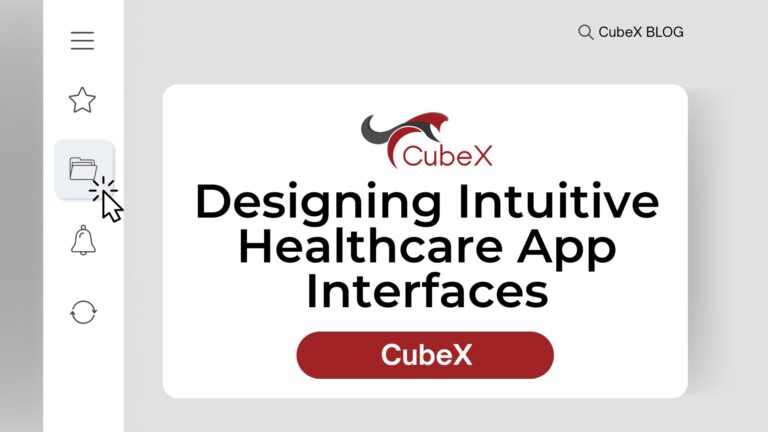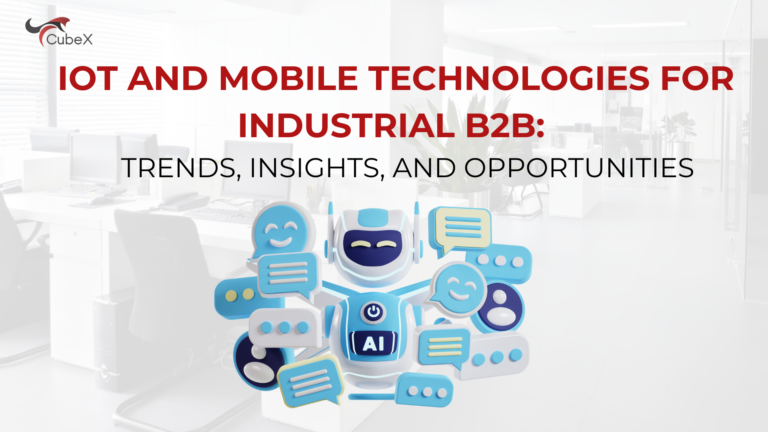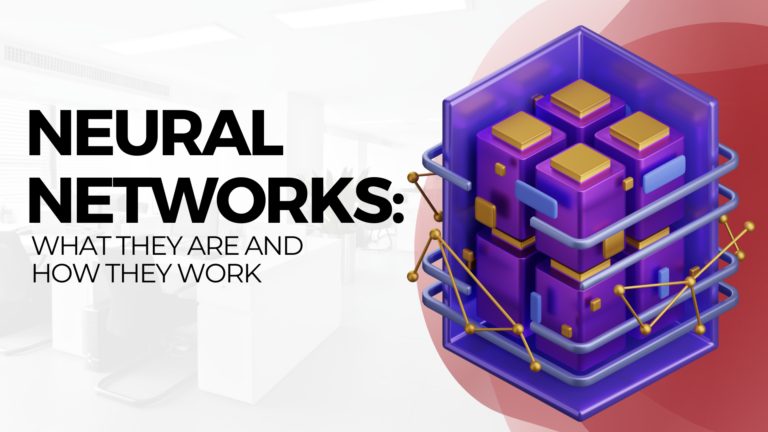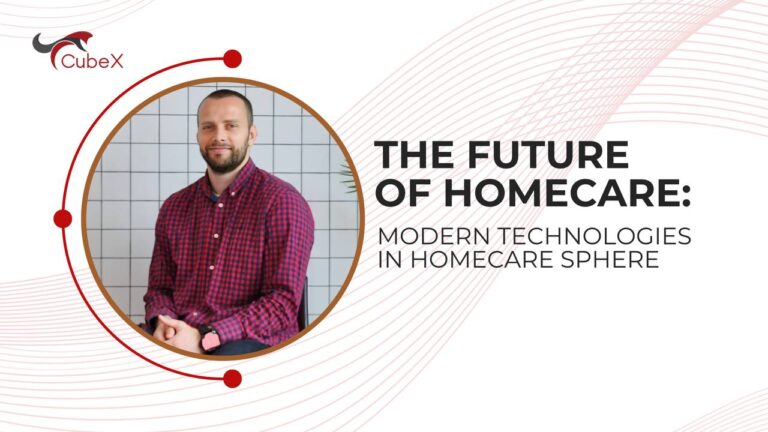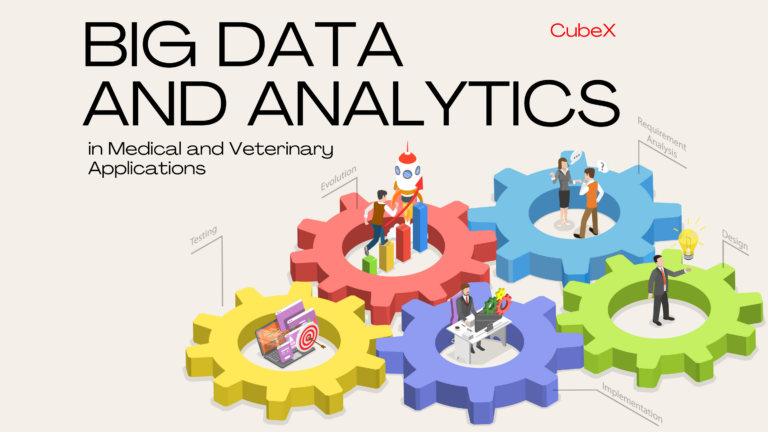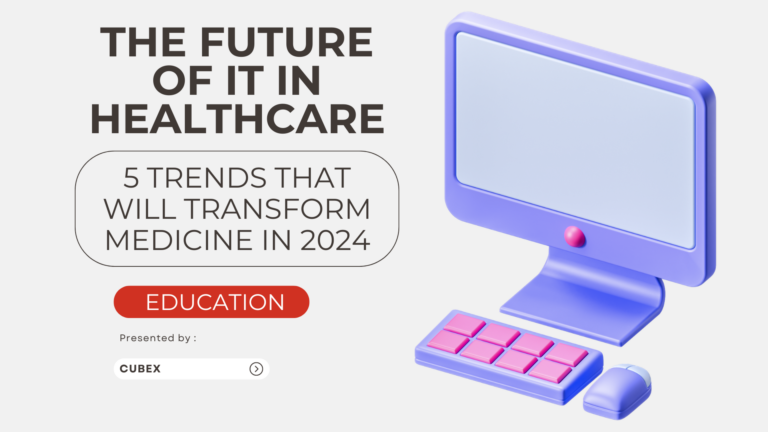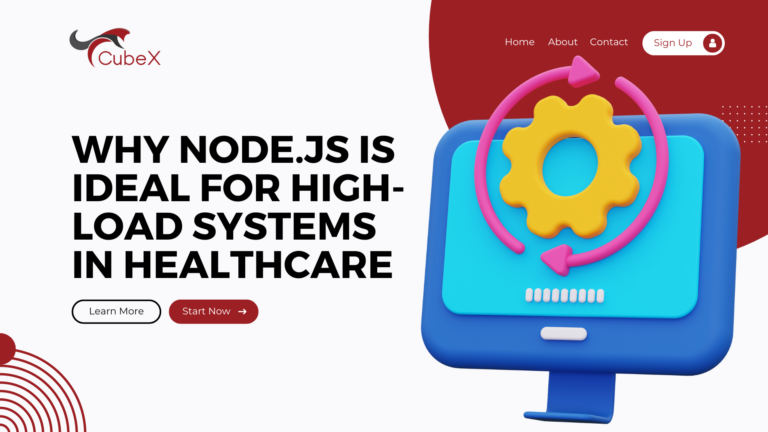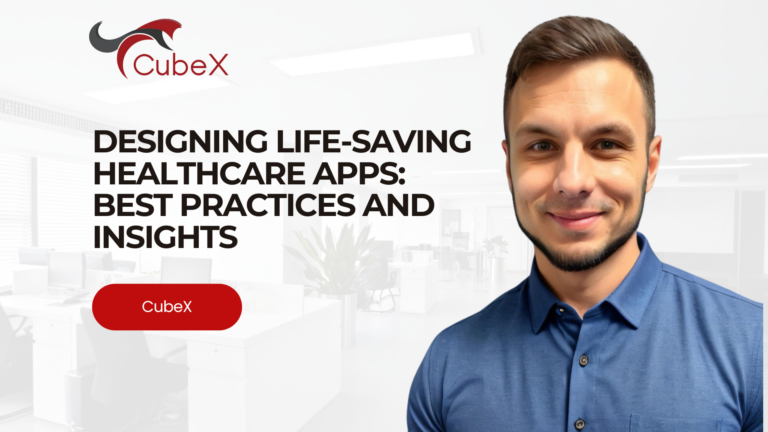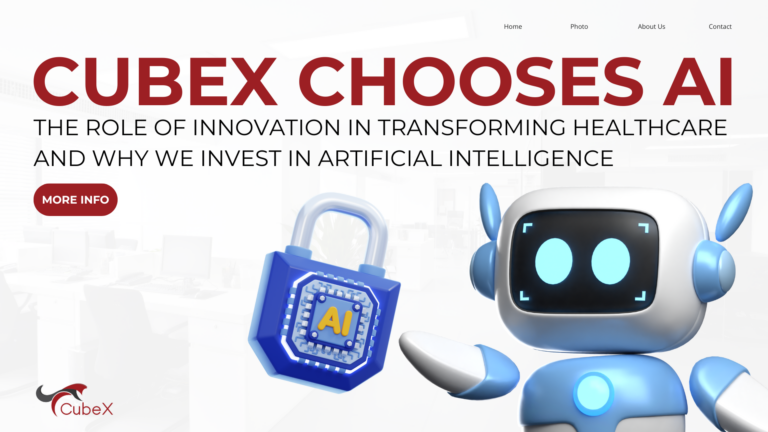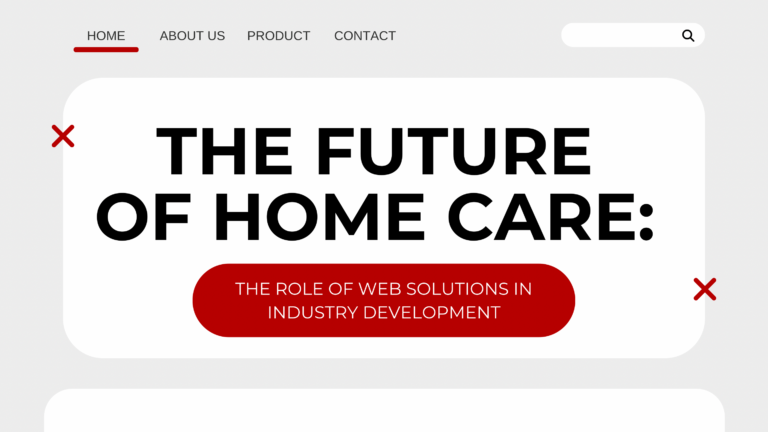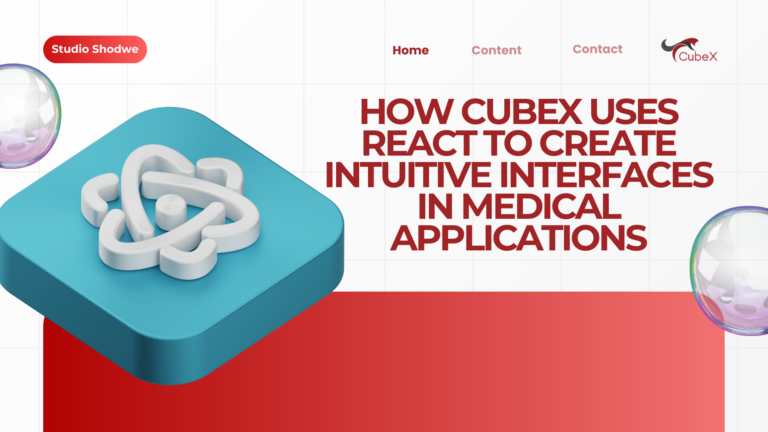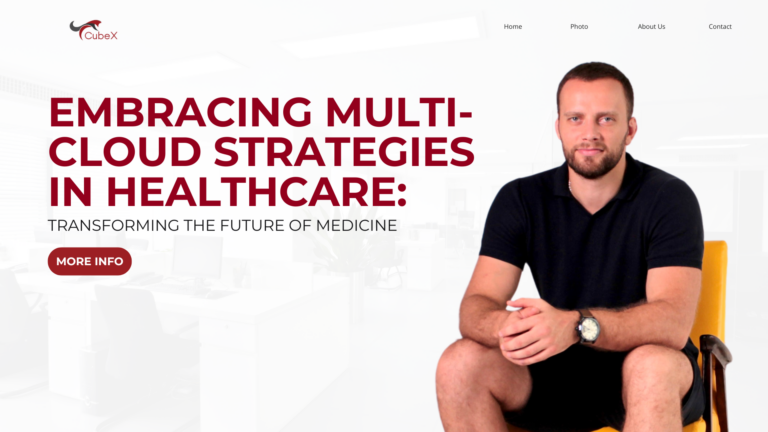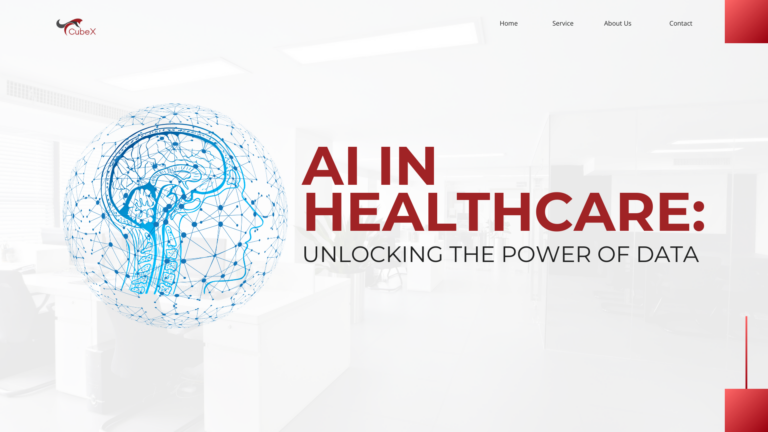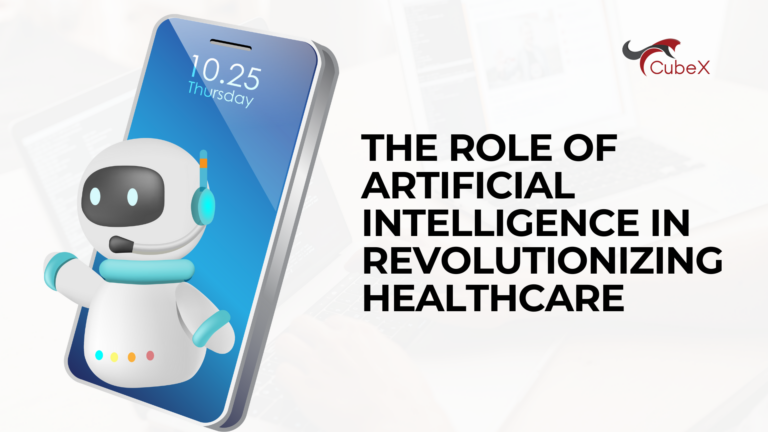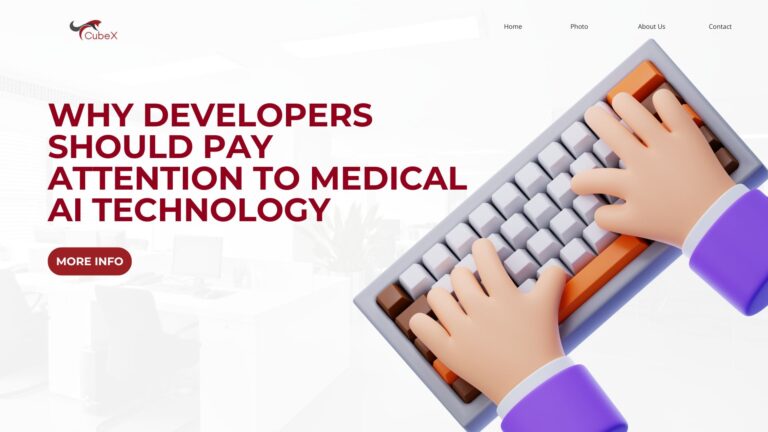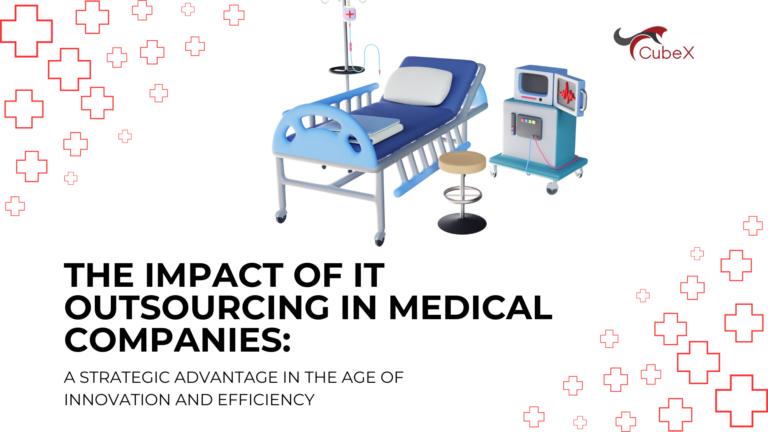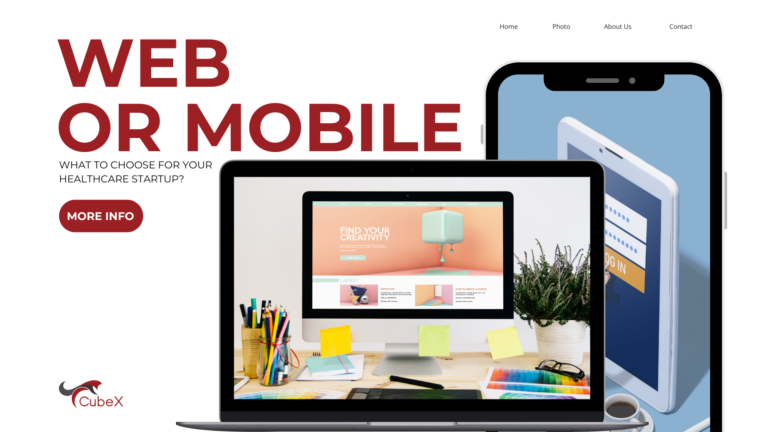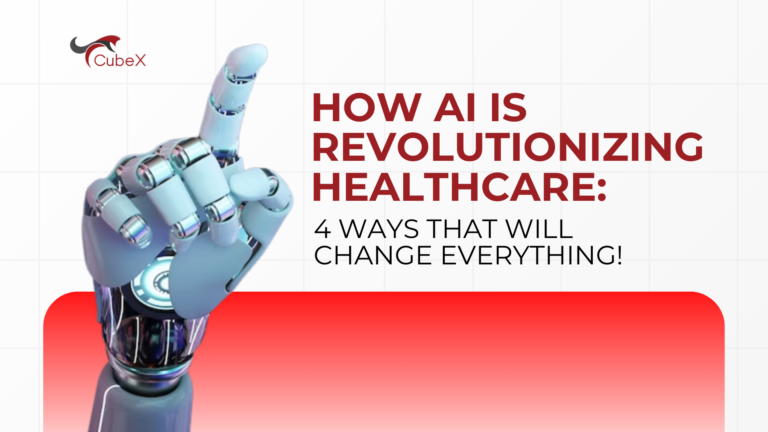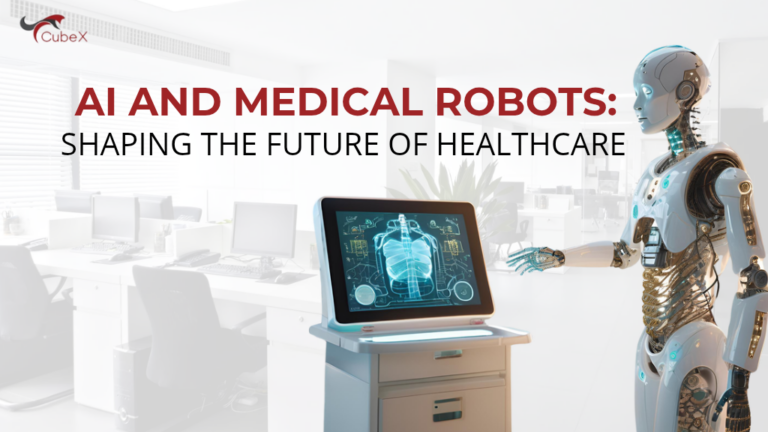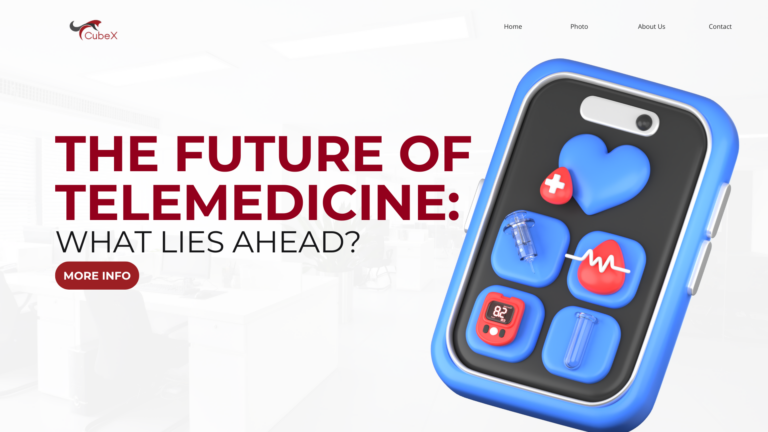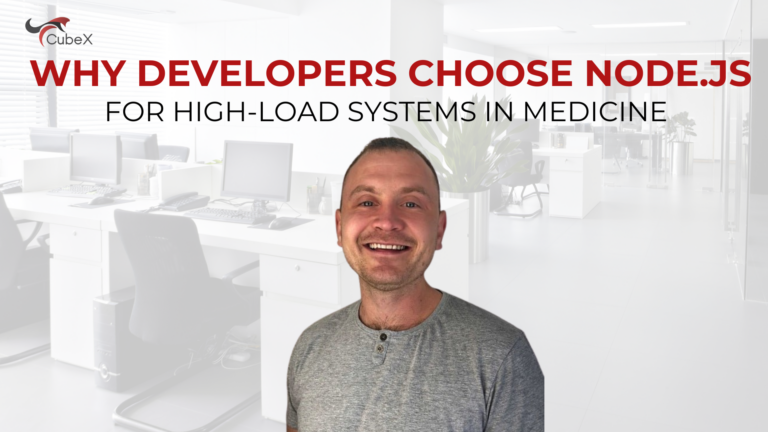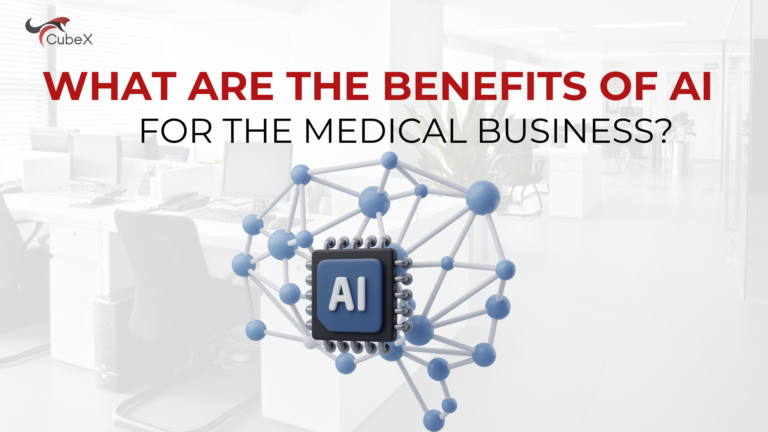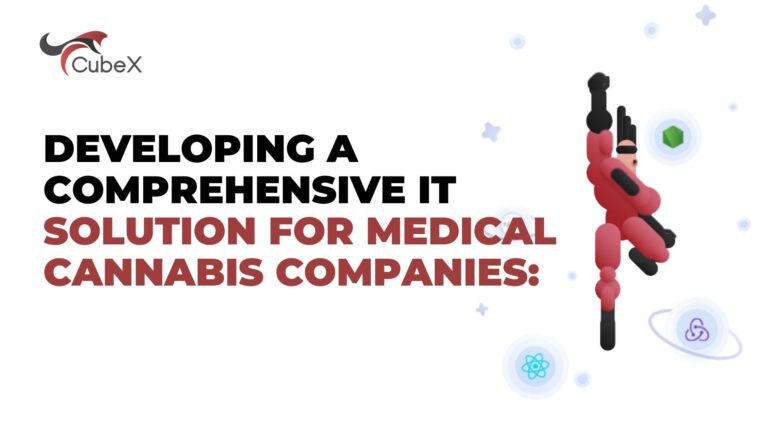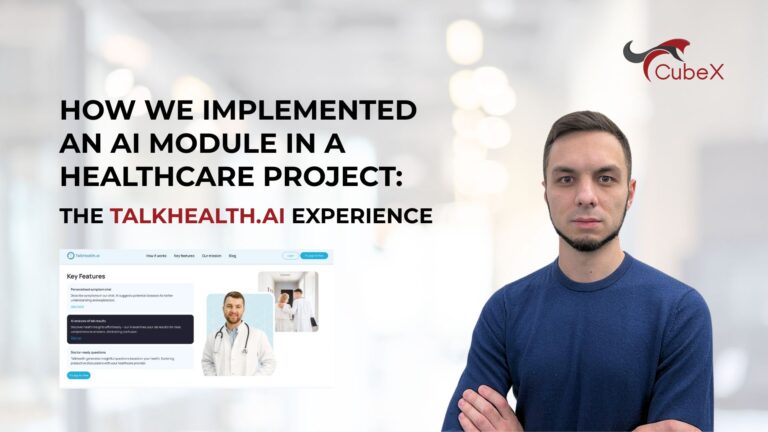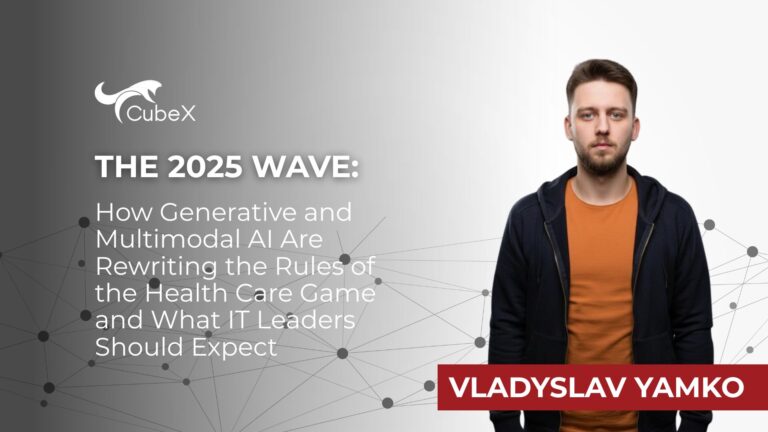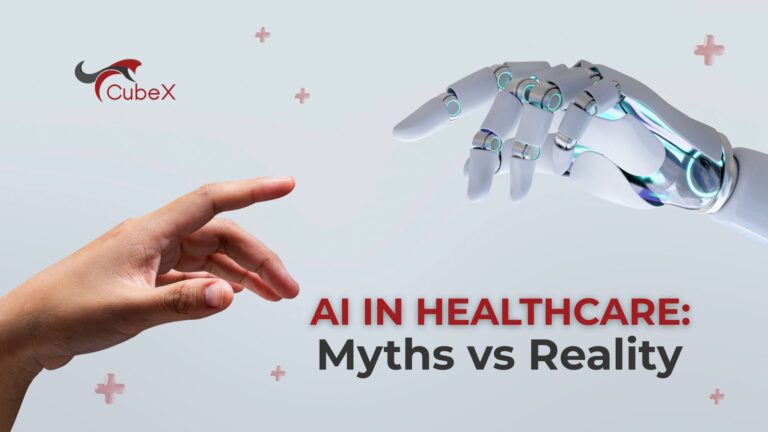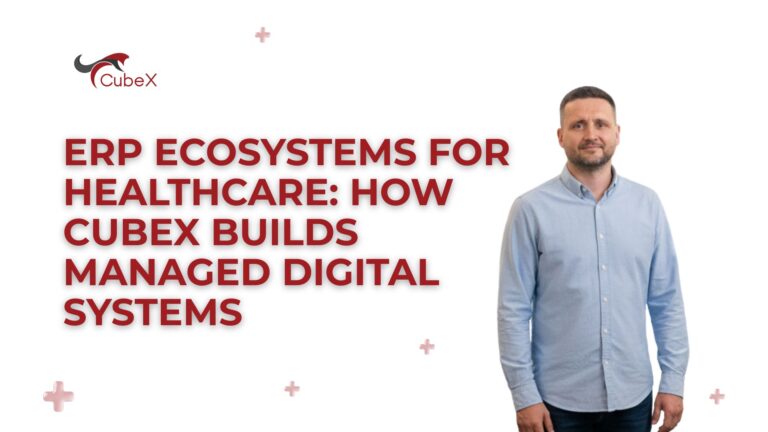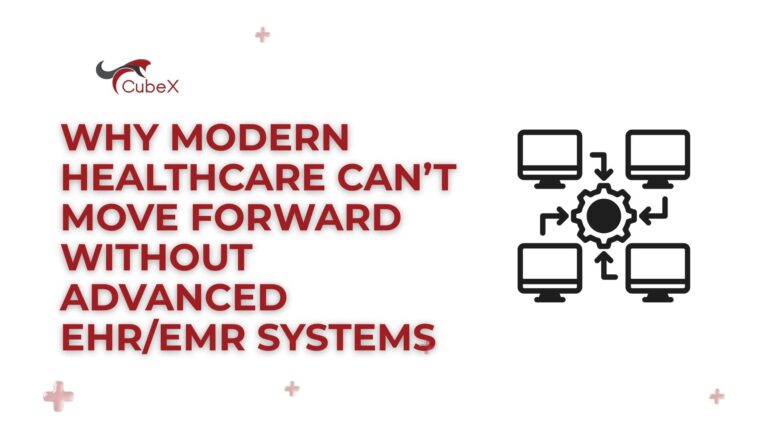How AI is Revolutionizing the User Experience in Healthcare: Technologies, Examples, and Analysis
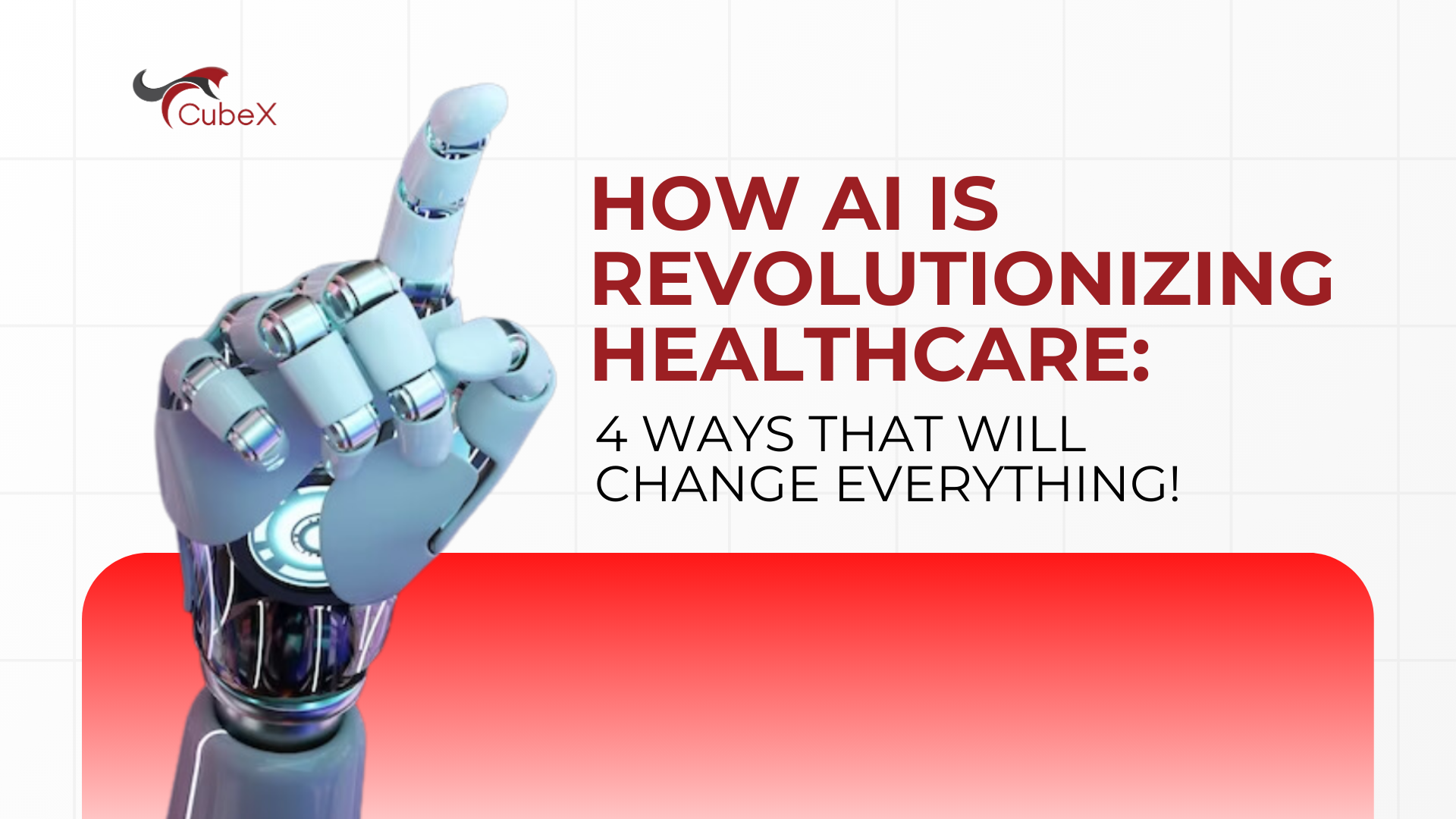
Artificial intelligence (AI) is rapidly transforming the healthcare industry, fundamentally changing how patients interact with medical systems, personalizing treatments, and optimizing processes. According to Accenture, the AI healthcare market is expected to reach $45 billion by 2026, underscoring the growing demand for technologies that enhance the quality of care. In this article, we will explore how AI improves user experience in healthcare, supported by examples, data, and solutions offered by Cubex.
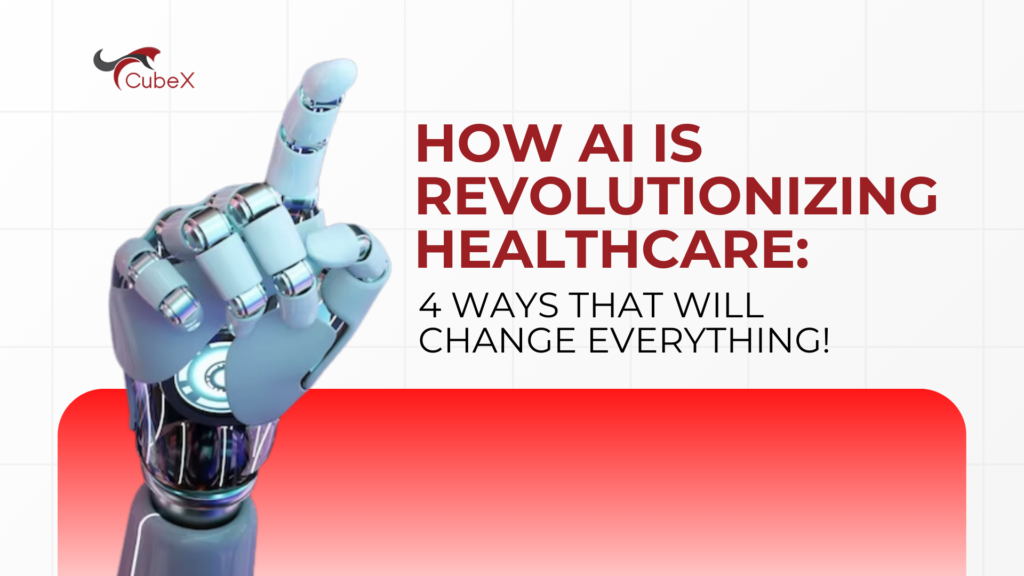
1. Personalized Treatment: Accuracy and Speed
One of the most impactful applications of AI in healthcare is its ability to personalize treatments for each patient. Traditional healthcare systems rely on generalized data and statistical models, which may not always provide the most effective treatment plans. However, with the introduction of AI, algorithms can analyze large datasets, considering each patient’s medical history, genetic factors, and lifestyle to deliver precise recommendations.
Example:
A study by the Mayo Clinic found that AI can improve the accuracy of disease diagnoses by 30%, while also reducing the time it takes to develop personalized treatment recommendations. For instance, AI algorithms can analyze electrocardiograms to predict the risk of a heart attack with up to 85% accuracy, allowing doctors to intervene early.
Cubex Solutions:
We actively implement AI to analyze patient data in healthcare projects. Using machine learning and neural networks, we develop platforms that help doctors make faster and more accurate decisions, reducing the risk of human error.
2. Virtual Assistants: 24/7 Patient Support
AI-powered virtual assistants and chatbots are becoming an essential part of how patients interact with healthcare providers. These assistants operate 24/7, allowing patients to schedule appointments, track medications, get answers to common questions, and even perform preliminary diagnostics.
Example:
Babylon Health developed an AI-powered virtual assistant that interacts with patients through a mobile app. It can interpret symptoms and offer possible diagnoses with nearly 90% accuracy, significantly reducing the workload on healthcare workers and speeding up patient access to care.
Cubex Solutions:
We design AI-powered chatbots and virtual assistants for healthcare projects, enabling clinics to automate patient interactions. This reduces the burden on call centers and staff, while improving response times and service quality.
3. Health Condition Prediction: Data-Driven Prevention
One of AI’s key strengths is its ability to analyze real-time data and predict potential changes in a patient’s health. This is particularly vital for patients with chronic conditions who need constant monitoring.
Example:
HealthMap, a system developed by Boston Children’s Hospital, uses AI to predict outbreaks of infectious diseases. By analyzing global health data, including social media, news, and medical reports, it can forecast potential health threats. This solution has helped predict outbreaks of Ebola and influenza, giving medical services weeks of advance notice to prepare.
Cubex Solutions:
Our AI-driven platforms analyze data from wearable devices, medical reports, and other sources in real time. This allows healthcare providers to react quickly to deteriorating conditions and recommend preventive measures to patients.
4. Enhancing User Interfaces: Intuitive Interaction
AI plays a crucial role in creating intuitive user interfaces for healthcare systems. Complex interfaces can create barriers for patients, especially those who are not tech-savvy. AI helps adapt interfaces to the user’s needs, making interactions simpler and more accessible.
Example:
Ada Health developed an AI assistant that asks users personalized questions based on their health conditions and offers recommendations. The app’s interface adapts according to user responses, making it more intuitive and user-friendly. This approach significantly reduces the chance of user errors.
Cubex Solutions:
We use AI to build adaptive interfaces that consider user behavior, preferences, and usage patterns. This enhances the user experience for both patients and healthcare providers, streamlining interaction with medical systems.
Analysis and Statistics: The Efficiency of AI in Healthcare
According to McKinsey, AI adoption in healthcare could reduce industry costs by $150 billion by 2026. Already, AI technologies like virtual assistants, personalized recommendations, and predictive models are reducing errors, speeding up diagnoses, and lightening the load on healthcare providers. An IBM survey found that 84% of healthcare organizations that adopted AI reported improved patient care and reduced operational costs.
Conclusion: AI as the Key to the Future of Healthcare
Artificial intelligence is already having a significant impact on healthcare, improving the user experience and helping healthcare providers work more efficiently. At Cubex, we are actively integrating AI technologies into our clients’ projects, creating solutions that not only simplify patient interactions with medical systems but also help doctors make more informed decisions.
Want to know how AI can enhance your healthcare solutions? Contact us, and we’ll show you how future-ready technologies can work for you today.
Contact Us
Please contact us for any further information







